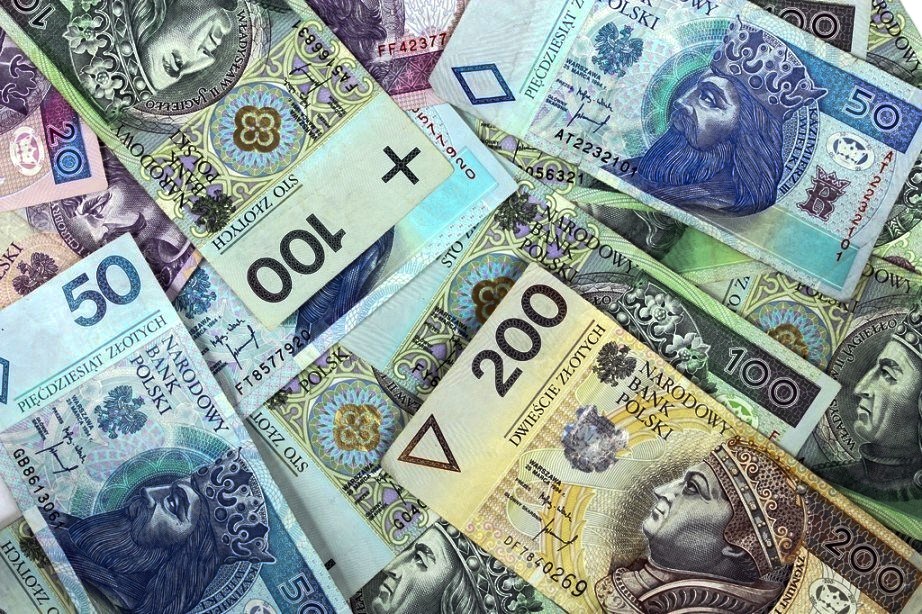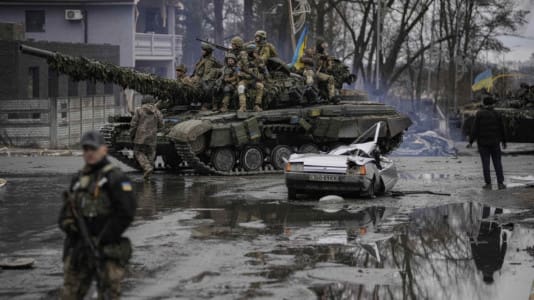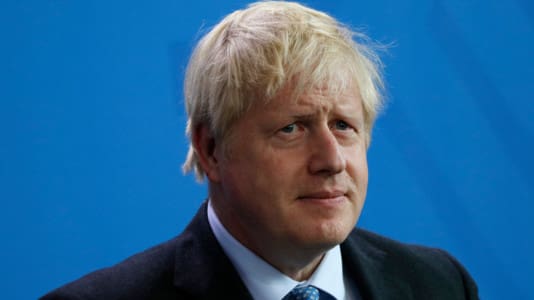The National Bank of Poland has increased its interest rate by one percentage point, the biggest single rise in 22 years.
The interest rate increase had been expected as the country battles rising inflation, which has reached its highest rate since 2000, currently at 10.9 percent, however, the interest rate hike was double many economists’ forecasts.
According to economist Marcin Roszkowski, sanctions and inflation are the price for opposing Russia.
He points to inflation being over 10 percent as making this rise inevitable — monetary policy had to be tightened, and suggests that interest rates are actually still too low for the current rate of inflation, although insists caution must be urged so as to not choke the economy with too steep a rise in interest rates.
The upwards trend in inflation was initiated by the pandemic, however, the Russo-Ukrainian conflict has since added fuel to the fire with the increase in energy prices and the effect of punitive sanctions on Russia.
Higher interest rates increase the cost of borrowing at a time when fuel, gas and food prices are climbing.
“The higher interest rates will cool down the economy, but with unemployment in Poland still low on 5.4 percent, it seems that the Polish economy is coping well,” Roszkowski said.
However, the economist indicated the Polish economy is functioning on a para-war basis with 2.5 million additional people in the country as a result of the conflict, and warned the economy must in addition disentangle itself from Russian energy as soon as possible to stop funding Russia’s war machine.






